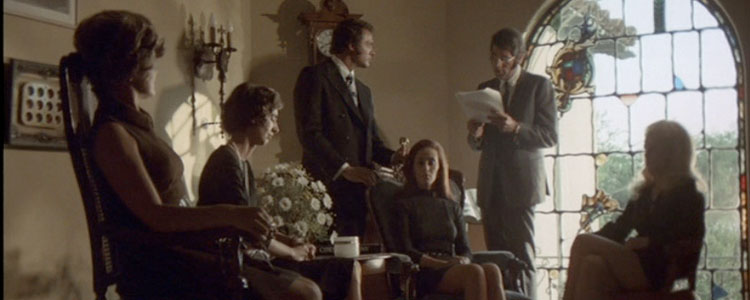You have probably been working for a very long time. During this time, it is possible that you have accumulated some wealth that is the form of either properties, cash or both. All you have will be bequeathed to your beneficiaries when you are no longer alive or in a position to manage your estate by yourself. You do not want to leave your children in disagreements or fights over your hard earned wealth after your death. It is in the best interest of your legacy to leave your family peaceful and able to manage the wealth you had intended to leave to them. This is why everyone needs an undisputable will because no matter how peaceful or disciplined your beneficiaries might appear, there can always be an element of disagreement in one of them.
So, what exactly is a will? A will is a legal document that outlines your wishes as to how you would want to share your estate. The document details how your properties will be distributed to beneficiaries of legal age as well as express your wishes as to whom will be responsible for what is left for minors until they are of legal age.
Can a will be contested?
Wills, like other legal documents, can be challenged. Some people may poke holes in your wishes out of pure malice. Others may argue that your wishes were not well captured in the written will for other valid or invalid reasons. However, the dispute can be solved in front of a judge who will then scrutinize the will and make a final determination based on submitted evidence.
Grounds for Contesting a Will
A good will has to pass all the standard requirements of a legal document. It has to have all the laid down details of a will. To ensure that your wishes are carried out as you desire, you then have to play by the book when coming up with a will. Some of the requirements of a binding will are that it has to be written and signed by witnesses. The absence of all the necessary details will be enough grounds to contest your will.
Here are the reasons that will make people contest your will:
Not having testamentary capacity
Your will can be contested if someone establishes that, at the time you wrote your will, you were not of sound mind. For a will to be valid, the owner of the will must:
- Be aware that they are making a will and properly understand its effects
- Know the value and nature of their entire estate
- Know the impacts of including and excluding people from the will
- Not have mental problems that may hinder sound thoughts
Lacking In Due Execution
There exists set conditions for execution of a will. If one or more of the conditions are not met, a will can be contested. These conditions are:
- A will should be written and then signed by either the testate or another person directed by the testate in their presence
- It must appear that testate intended to give effect to the will through his or her signature
- At least two witnesses, both present at the time of writing the will, must acknowledge the signature of the testate
- The witnesses must each attest and sign the written will. Each witness can also acknowledge the testate’s signature not necessarily in the presence of the other witnesses but the testate must be there
Undue Influence
A will can be contested if there is evidence that a testate was, at the time of writing the will, coerced, unduly influenced or under duress. To proof this, a person challenging the will has to have evidence of such high standard as to exceed reasonable doubt.
Will Lacking the Testator’s Knowledge and Approval
A testate must acknowledge and approve of the contents of a will they authored. He or she must be in their correct state of mind.
Despite a testate being in their right senses, somebody can contest a will if it is established that a testate did not acknowledge and approve the will.
Fraud and Forgery
A person can contest a will if they believe that a will was forged. For example, if a child authors a will, disguises it as that of their father and forges the father’s signature, this amounts to forgery. Similarly, if a child lies to a father by defaming a sibling such that the father ends up excluding that sibling from his will, the will can be invalidated.
Construction or rectification
A will can be rectified if it is established that the wishes of a testate may not be captured due to errors made during its preparation. Such rectifications arise either from clerical errors or if it is found that a person preparing the will for the testate failed to understand clearly the instructions given by a testate.
Don’t forget to check out our other blog; Can Grandchildren Contest a Will?

